Croatian fury as Slovenian referendum petition launched
A petition has begun to circulate in Slovenia calling for a referendum on Croatian accession to NATO, that has Croatian politicians up in arms.
Friday, 20.02.2009.
12:25

A petition has begun to circulate in Slovenia calling for a referendum on Croatian accession to NATO, that has Croatian politicians up in arms. There is a deadline of 35 days to collect the 40,000 signatures needed for calling a referendum on Croatian NATO membership. Slovenian Parliamentary Speaker Pavel Gantar was forced to set the deadline after talks between Prime Minister Borut Pahor and the referendum initiators failed to fully resolve the matter. Croatian fury as Slovenian referendum petition launched Though the June 25 Institute has pulled out of the initiative, Pahor was unable to persuade the non-parliamentary Slovenian People’s Party (SSN) to do likewise. As a result, this hitherto little-known party of 1,500 members has been able to stoke new tensions between Slovenia and Croatia, which has reacted furiously to the decision. Croatian President Stjepan Mesic reacted immediately, stating that “the elite of the neighboring country has decided that it can use its membership in the EU and NATO to blackmail us.” “So much for consistency! So much for Europeanism!” he stormed, adding that the impasse was now the EU and NATO’s problem, not Croatia’s. The ruling Croatian Democratic Union (HDZ) has already prepared its own response to the Slovenian parliament’s declaration yesterday, whereby, in terms of the border dispute, Ljubljana recognizes only the state of affairs on June 25, 1991. The HDZ plans to use this declaration, due for adoption in the Croatian parliament today, to underpin its opposing stance that rejects Slovenia’s assertions that it had territorial contact with the open sea and implemented jurisdiction over the entire Bay of Piran on June 25, 1991. Former Slovenian Prime Minister Janez Jansa said last night that Croatia’s reaction was only indirectly fanning the flames and boosting the petition’s chances of success. He added that the Slovenian blockade of Croatian entry into NATO was allowing Zagreb to play the role of the victim and gain sympathy, adding that with this would not help Slovenia win back the bay or any other disputed territory. The majority of Slovenian politicians believe that the move is compromising Ljubljana’s credibility in Europe, while Foreign Affairs Committee Chairman Ivo Vajgl has called the talks between Slovenia and Croatia “talks between the deaf.” In the same POP TV show featuring Jansa, a phone-in poll showed that 54 percent of viewers were against the referendum while 46 percent supported it. Pahor said that the border at the Secovlje-Plovanija crossing, which had been set up as a temporary measure but was being offered by Croatia as a permanent solution, constituted a prejudgment of frontiers. Most Slovenian politicians hope that the SSN will eventually back down from their demands, though June 25 Institute President Marjan Podobnik said that the only way to avert a referendum would be if Pahor gave guarantees that the Croatian control points at the border crossings in question were removed. The problems with Slovenia could affect NATO plans for Croatia to submit its integration protocols in Washington on March 23 and so be able to attend the April NATO summit as a fully-fledged member, an issue Slovenian Military Minister Ljubica Jelusic discussed with American defense officials last night. She told POP TV that the events in Slovenia “have somehow been hanging in the air for the entire duration of the conference” in Krakow, where an informal meeting of NATO defense is under way.
Croatian fury as Slovenian referendum petition launched
Though the June 25 Institute has pulled out of the initiative, Pahor was unable to persuade the non-parliamentary Slovenian People’s Party (SSN) to do likewise.As a result, this hitherto little-known party of 1,500 members has been able to stoke new tensions between Slovenia and Croatia, which has reacted furiously to the decision.
Croatian President Stjepan Mesić reacted immediately, stating that “the elite of the neighboring country has decided that it can use its membership in the EU and NATO to blackmail us.”
“So much for consistency! So much for Europeanism!” he stormed, adding that the impasse was now the EU and NATO’s problem, not Croatia’s.
The ruling Croatian Democratic Union (HDZ) has already prepared its own response to the Slovenian parliament’s declaration yesterday, whereby, in terms of the border dispute, Ljubljana recognizes only the state of affairs on June 25, 1991.
The HDZ plans to use this declaration, due for adoption in the Croatian parliament today, to underpin its opposing stance that rejects Slovenia’s assertions that it had territorial contact with the open sea and implemented jurisdiction over the entire Bay of Piran on June 25, 1991.
Former Slovenian Prime Minister Janez Janša said last night that Croatia’s reaction was only indirectly fanning the flames and boosting the petition’s chances of success.
He added that the Slovenian blockade of Croatian entry into NATO was allowing Zagreb to play the role of the victim and gain sympathy, adding that with this would not help Slovenia win back the bay or any other disputed territory.
The majority of Slovenian politicians believe that the move is compromising Ljubljana’s credibility in Europe, while Foreign Affairs Committee Chairman Ivo Vajgl has called the talks between Slovenia and Croatia “talks between the deaf.”
In the same POP TV show featuring Janša, a phone-in poll showed that 54 percent of viewers were against the referendum while 46 percent supported it.
Pahor said that the border at the Sečovlje-Plovanija crossing, which had been set up as a temporary measure but was being offered by Croatia as a permanent solution, constituted a prejudgment of frontiers.
Most Slovenian politicians hope that the SSN will eventually back down from their demands, though June 25 Institute President Marjan Podobnik said that the only way to avert a referendum would be if Pahor gave guarantees that the Croatian control points at the border crossings in question were removed.
The problems with Slovenia could affect NATO plans for Croatia to submit its integration protocols in Washington on March 23 and so be able to attend the April NATO summit as a fully-fledged member, an issue Slovenian Military Minister Ljubica Jelušič discussed with American defense officials last night.
She told POP TV that the events in Slovenia “have somehow been hanging in the air for the entire duration of the conference” in Krakow, where an informal meeting of NATO defense is under way.










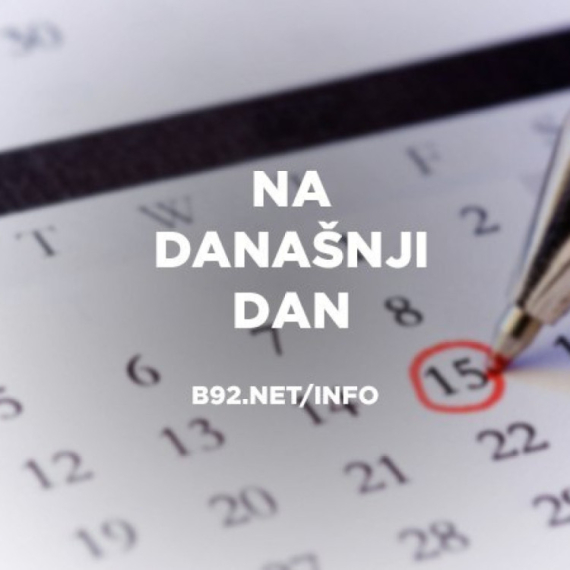
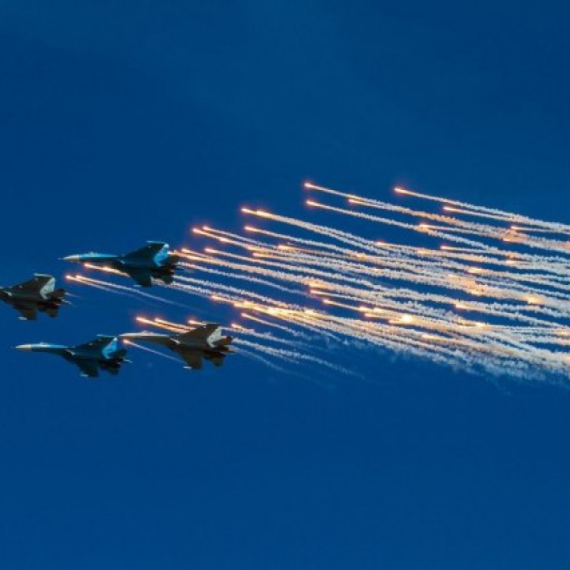

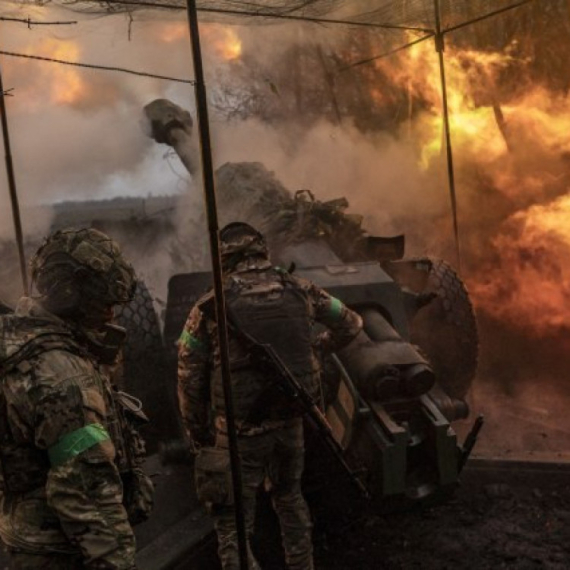

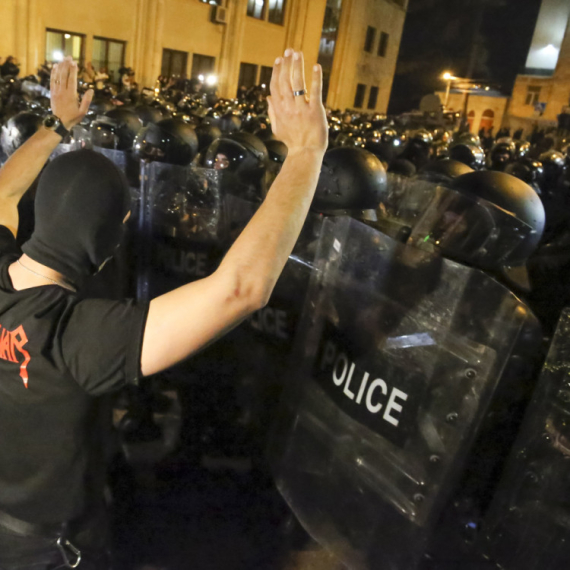



























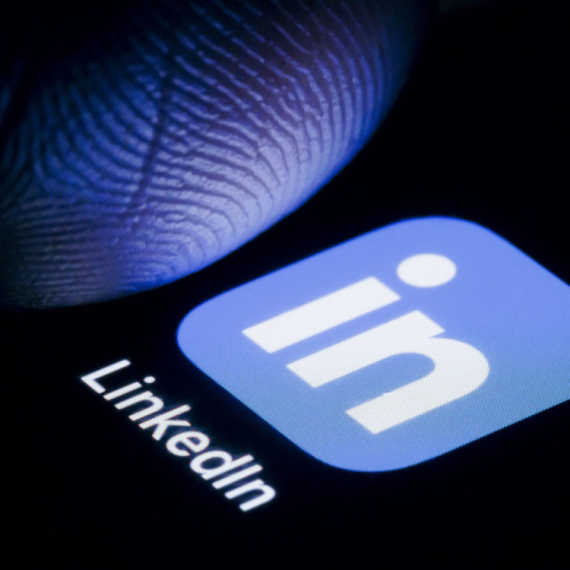




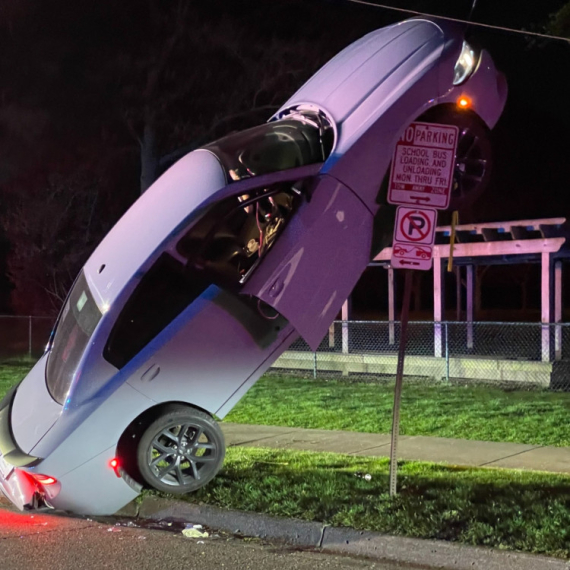

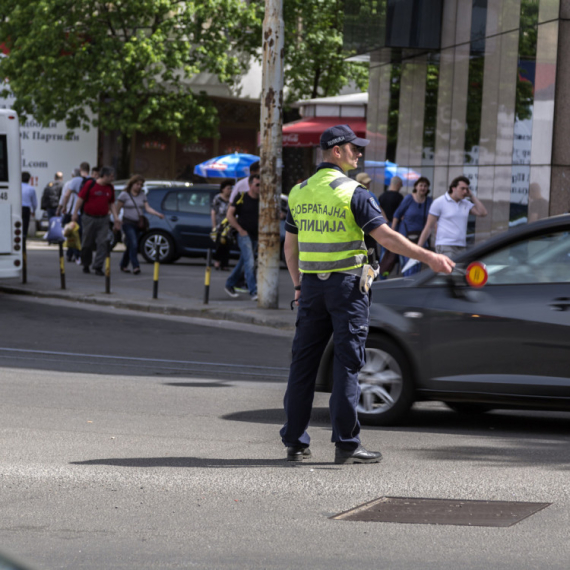


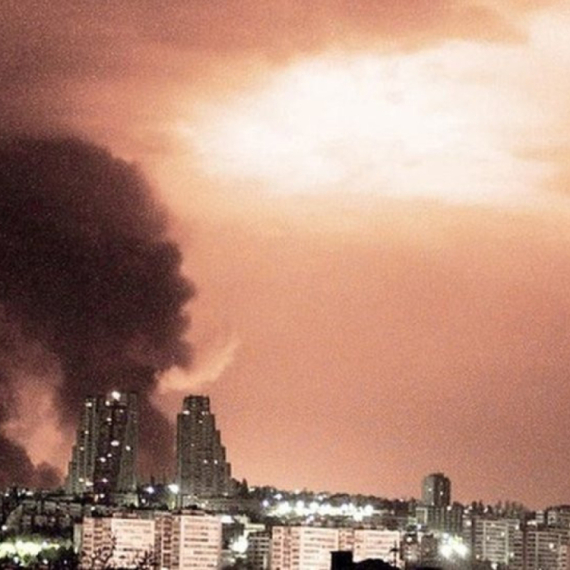
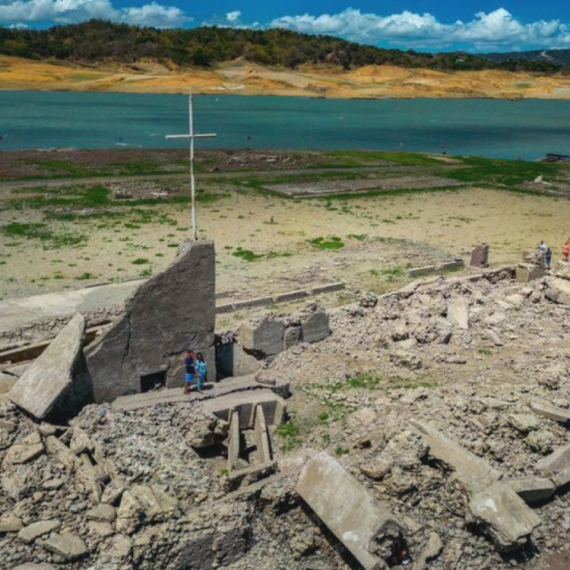


Komentari 7
Pogledaj komentare